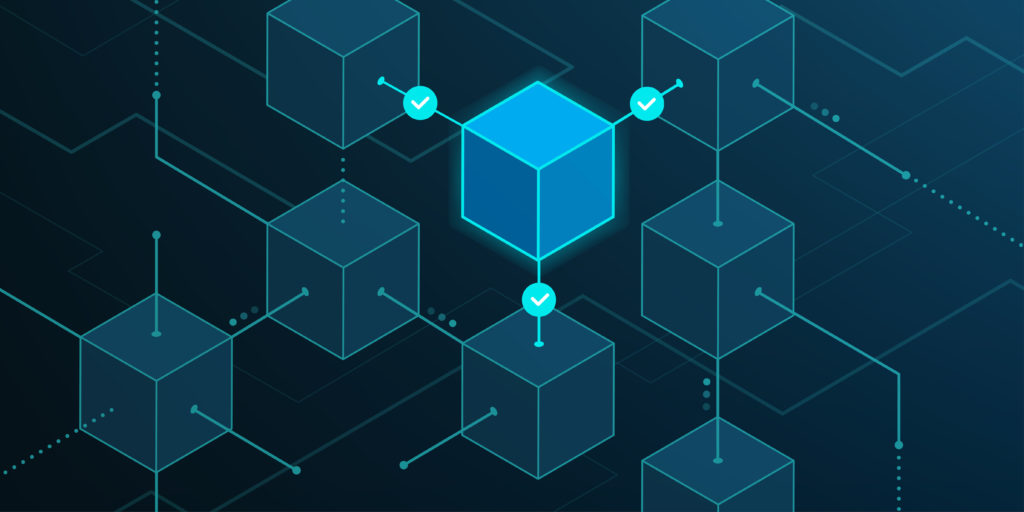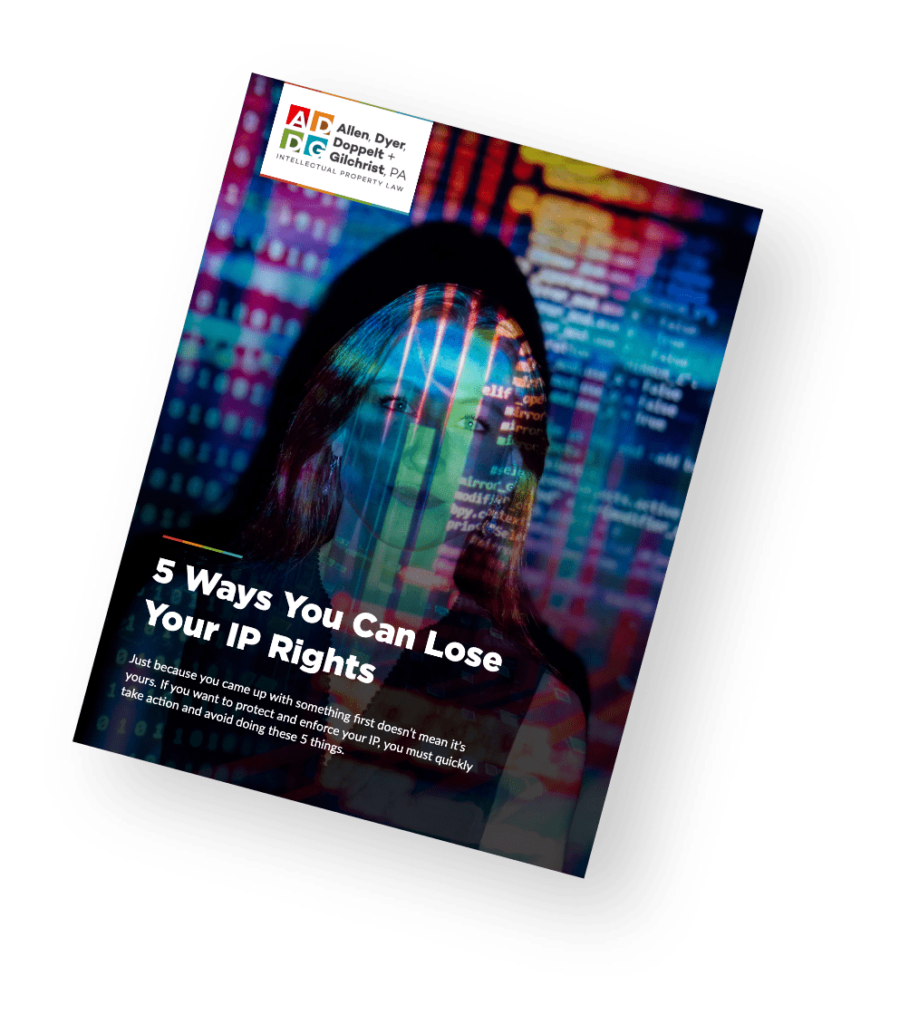
NFTs are all the rage nowadays. Some are worth hundreds of thousands of dollars, and some are well, worthless. Here, we provide some helpful information on NFTs and how they relate to intellectual property (IP) rights.
What Is An NFT?
Non-fungible tokens (NFTs) are unique units of data stored on the blockchain. The most common application of NFTs is to create a market for owning, selling, and transferring the NFTs. When the NFT for a given property is transferred, it is then memorialized on the blockchain with the new owner. The NFTs in and of themselves are nothing more than unique units of data, but their real-world utility arrives when you connect the unique units of data with legal property. The most common application currently is to tie NFTs to digital art media. So, in short, NFTs are a technological innovation based upon blockchain technology for organizing a market for owning, selling, and transferring the NFTs. In NFT digital art media markets, the NFTs are associated with digital art media.
Issues For Businesses
The issues for businesses are as follows. The NFT market is not based in law and does not affect legal rights in and of itself. For example, there are several startups attempting to launch NFT applications for transfer of real estate. Here, the NFTs are connected to real estate property. If you want to buy a piece real estate property, you transfer the purchase price to the current owner, and the current owner transfers the associated NFT to you. The hope is that this will streamline the cumbersome existing process of dozens of documents being filed with the County Clerk. To be successful, these startups will need to secure buy-in with the local governments that currently handle those transactions. Without it, a real estate property owner can sell you an NFT for their real estate property, but the NFT does not confer any real rights unless you execute the same transaction with the county clerk. So, you would end up with an NFT for the real estate property, but no right to inhabit the real property.
This brings us back to the most common application, digital art media. Just like with real estate property, the rights to digital art media have an existing legal regime, i.e. copyright, and that regime is not currently connected to the NFT markets. The copyright to the digital art media comprises a bundle of rights, for example, the right to reproduce, the right to distribute, and the right to create derivative works. So, the purchase of an NFT for a given digital art media does not confer any copyright in and of itself. So, you may purchase the NFT for the given digital art media, but you may still be precluded from using the given digital art media in the future. In many NFT digital art media sales, the author of the given digital art media is selling the NFT associated with the given digital art media. This is the most advantageous arrangement since the author typically (default arrangement) holds the copyright for the given digital art media. Usually, the author will transfer all or a subset of the copyright bundle of rights to the buyer of the NFT. This must be down in writing and separate from the actual transfer of the NFT on the blockchain. So, in short, here are some items to be looking out for when it comes to NFTs.
Items To Look Out For
NFTs exist on the blockchain only, and do not affect your legal rights without something else happening.
• When purchasing an NFT, you need to ascertain who the seller is and what rights the seller has to the property associated with the NFT
• In digital art media NFTs, you need to verify what copyright rights you are getting, if any.
• In situations where the author is only giving you a copyright license for the given digital art media, you need to make sure your planned use of the given digital art media will fit into the licensed uses.
• Nothing stops the author from minting multiple NFTs in different markets. But once the author transfers the copyright, that cannot be replicated.
• NFTs don’t exist without an NFT marketplace to host the transactions. When purchasing an NFT, do the research on the marketplace.
Enforcement Against NFTs With Unauthorized Use
Again, as noted above, NFTs carry no copyright rights without special bundling. Some NFT projects are bundling copyright rights with the NFT. If someone is infringing your bundled copyright rights, the enforcement mechanism is in the federal courts. You will need to consult with an experienced IP attorney to determine your best path forward for enforcement.
Risks With NFTs
The primary risk is knowing what exactly you are buying. Are you buying a bare NFT or an NFT bundled with the copyright of the underlying digital art media? Do your due diligence on the transaction, and determine who is minting the NFT, what is the reputation of the NFT marketplace, and what are the rights transfer rules of the NFT marketplace? Having these facts in hand will verify what actual rights you will receive.
Consult with an Intellectual Property Attorney About NFTs
As you can see, there are many intertwined legal and technical issues when it comes to NFTs. Our attorneys can aid you in vetting and acquiring NFT assets, and in enforcing bundled copyrights from unauthorized use. ADD+G attorneys possess decades of experience in enforcement of copyright in the federal courts, and are also knowledgeable on the technical aspects of the underlying NFTs. If you have questions about NFTs or NFT-related inventions, contact us today!
About the Author
Jack Abid practices in the area of patent prosecution and IP portfolio management. His patent prosecution experience includes electrical and electronic equipment, telecommunications equipment and cables, laser and optical devices, semiconductor devices, semiconductor processing, mechanical devices, medical devices including implants and telemedicine, and software.

Share This



